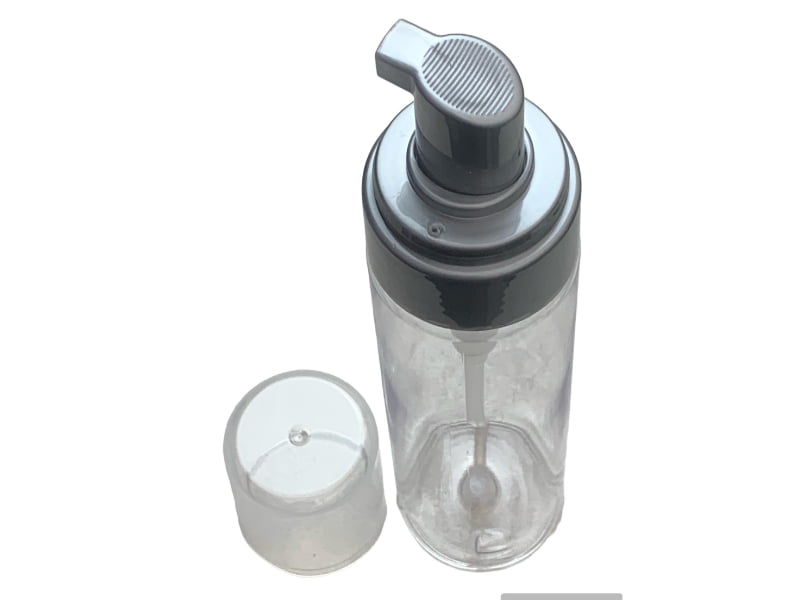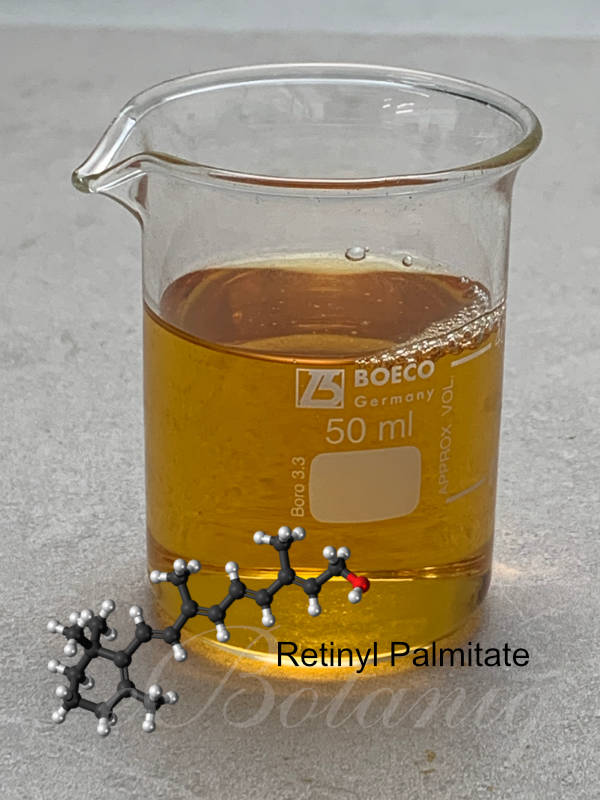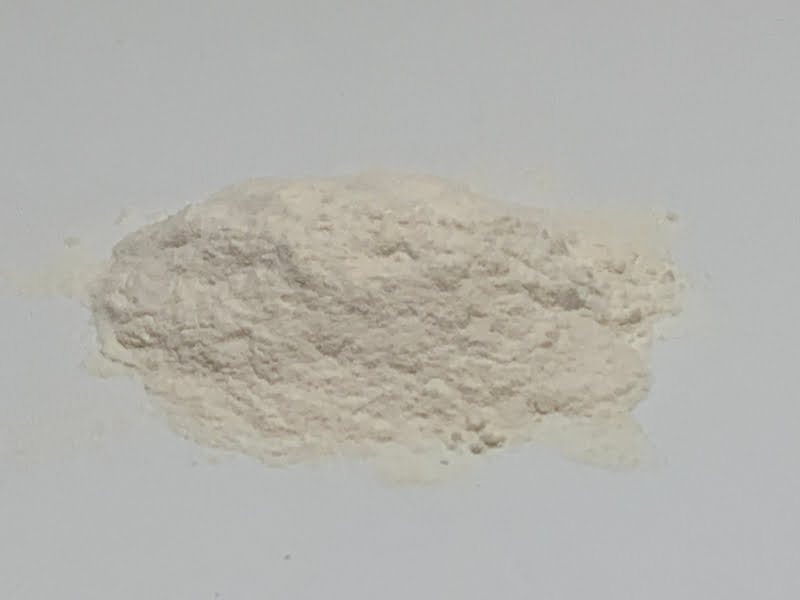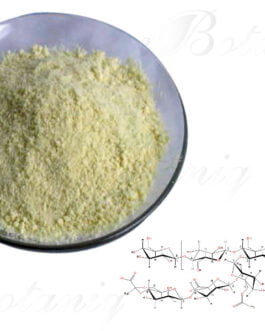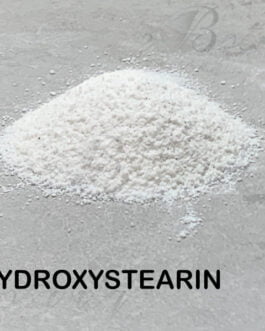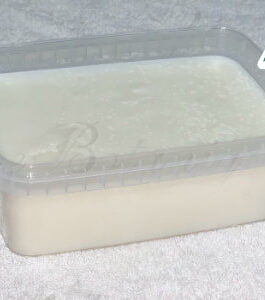Magnesium Aluminum Silicate -Veegum HV
Description
Veegum HV also known as a Smectite Clay or Magnesium Aluminum Silicates are clays valued by formulators of personal care and pharmaceutical products for their ability to stabilise emulsions and suspensions. The smectite colloidal structure effectively keeps the internal phase droplets suspended and separated. Like its emulsion stabilizing property, the colloidal structure of these natural clays provides excellent suspension of fine particles in aqueous systems.
VEEGUM HV provides excellent emulsion and suspension stability at low use levels. This grade is used in a variety of pharmaceutical, personal care, animal care, and agri-science applications. VEEGUM HV is a highly purified smectite clay suspension stabilizer, emulsion optimizer and rheology modifier. VEEGUM HV also reduces the slippery or sticky feel of gums and polymers, while providing a silky, tack-free feel in topical preparations. This smectite clay is synergistic with common thickeners such as xanthan gum and CMC. These combinations will provide greater thickening, stabilizing and suspending properties than those developed by the individual components of the mixture.
This is not a standard bentonite clay for soapmaking but a highly purified cosmetic grade bentonite
Additional information
| Weight | N/A |
|---|---|
| Dimensions | N/A |
| Weight | 0.10 kg (100g), 0.25kg (250 g), 0.5 kg, 1 kg, 5 kg |
Technical Data
Technical Specifications
| Appearance: | Off-white fine granules /powder |
| Composition: | Magnesium aluminum silicate, purified smectite clay |
| pH, 5% Dispersion | 9-10 |
| INCI Name | Magnesium Aluminum Silicate |
| Storage: | Tightly Sealed / Protected from Moisture |
| Shelf life: | Under proper stored conditions, 36 months |
CAS & INCI
CAS:12199-37-0 • 14808-60-7 (non respirable)
INCI Name: Magnesium Aluminum Silicate
Processing instructions
The following table provides guidelines for the minimum amounts of time suggested for the hydration of the various clay grades. They are based on laboratory scale preparations:
• 1 kg batches using distilled, deionized water at specification concentrations under practical formulating conditions.
• Actual hydration times in the laboratory or in production will depend on the particular combination of batch size, mixer shear, and water temperature used.
• In the laboratory or during production, the key to consistent performance of these clays is consistent hydration conditions.
• Changes in hydration time, mixer shear, vessel size or water temperature will change results.
Propeller Mixer:
800 rpm, 25°C water 120 Minutes
800 rpm, 75°C water 45 Minutes
Homogenizer:
3000 rpm, 25°C water 30 Minutes
3000 rpm, 75°C water 15 Minutes

